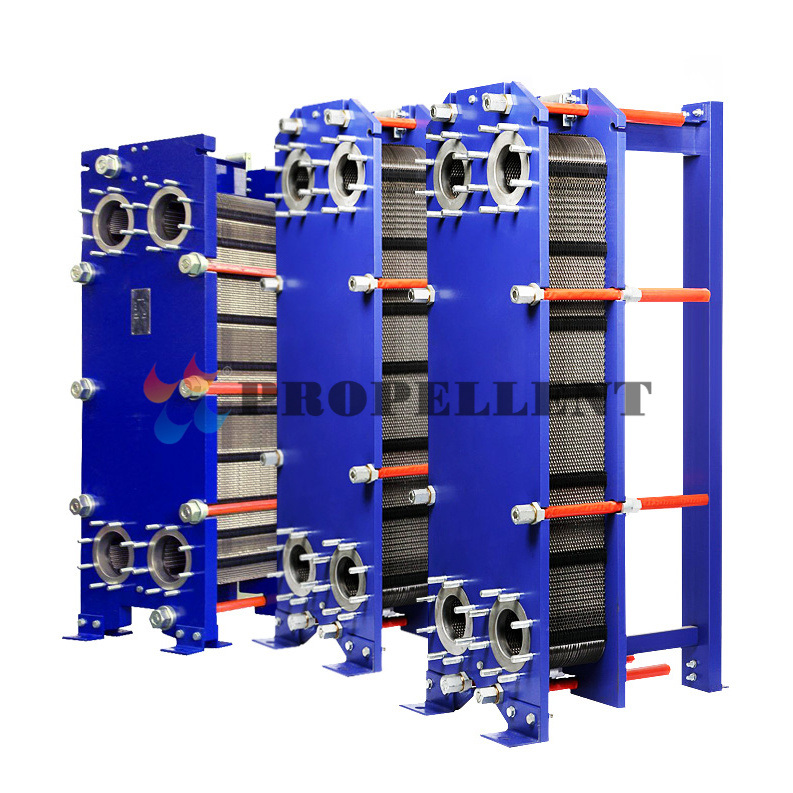Tips: How do you choose a heat exchanger?
What standard heat exchanger should you look for? The answer will vary depending on the circumstances, so we've listed the best principles you need to consider helping you create a short list of choices. The criteria for selecting a type of heat exchanger include:
Application--How does your heat exchanger help you achieve engineering goals (e.g. condensation, heating)?
Operation norms-- What are the pressures and temperature ranges to be used at different stages of the project?
Structural material-- Does the sudden temperature change encountered during the process make the device at risk of thermal stress?
The character of thermal fluid-- Because your heating/cooling medium is easy to scale, do you need to use corrosion resistant materials?
Availability of utilities-- Do heat exchangers need to connect to cooling water, steam, hot oil, etc.?
Space limitation-- Does the system layout and layout plan prohibit the use of certain types of heat exchangers due to limited clearance space?
Management-- Is the design of heat exchangers conducive to routine cleaning and maintenance procedures?
Expandability-- Can the device carry out current system and any future development process needs?
Cost-- How much would you like to spend on it based on the range of options available? (you must consider purchasing costs, installation costs, operating costs and maintenance costs.)
Environment--Is the device energy-efficient, and what type of carbon emissions are released?
Considering the above questions, you can obtain your answers based on your operational specifications and other factors of your personal standards, and use them to determine the ideal heat exchanger design.

Editor’s Note: This is a guest post from THT on Wechat
- Last: Wide gap plate
- Next: The Brazil clie

